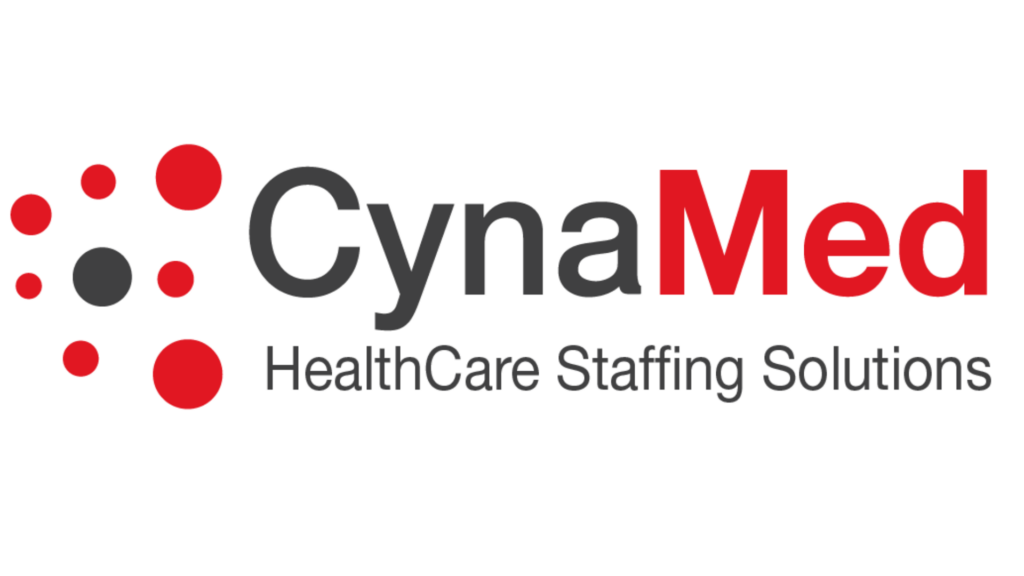As mandated reporters, all nursing professionals have the ethical, moral, and legal responsibility to protect the people in their charge. By reciting the Florence Nightingale Pledge upon graduation or pinning ceremonies, you as a nurse swear to do no harm and devote yourself to doing no harm while also devoting yourself to the welfare of the people under your care. One of the most important ways you uphold this oath is by accepting the role of a mandated reporter throughout the life of your nursing career.
According to the National Association of Mandated Reporters (NAMR), mandated reporters are defined as “people required by law to report suspected or known instances of abuse.” This umbrella protects children, elders, dependent adults, adults with disabilities and intimate partners. When you become a nurse, one of the most critical responsibilities you have is to advocate for and protect suspected or known victims of neglect or abuse.
Mandated Reporter: Making Sound Assessments
Never take your responsibility as a mandated reporter lightly. In fact, if a mandated reporter failed to report abuse, they may face significant legal and professional ramifications. Most states may charge you with a misdemeanor for failure to report. It’s not uncommon for states to upgrade the charges to a felony level, depending on the circumstances. If nurse didn’t fulfill their obligation to report abuse or neglect, the state could suspend or revoke their nursing license. Employers may also receive penalties if it’s discovered that they obstructed a staff member’s report or were complicit in it not being reported.
Nurses learn during their schooling to perform thorough assessments of their patients. Part of this is identifying certain things that can be indicative of neglect or abuse through their interactions with the patients. While there are many instances where abuse can be perceived or observed, there are 3 common areas where nurses need to be hyper-vigilant.
1: Human Trafficking
Many victims of human trafficking will seek medical attention at some point during their exploitation. Look out for these signs, as they often indicate the possibility of human trafficking:
- Patient may have an overbearing, unrelated person accompanying them.
- They not appear to have control of their money or any identification.
- The patient may not be able to provide an address or phone number.
- They may appear disengaged or withdrawn. Or they could be anxious or fearful.
- The patient is malnourished.
- They have unexplained bruises, burns, or other bodily injuries.
- The patient may have untreated sexually transmitted diseases.
2: Elder Abuse
Many nurses use the Elder Abuse Suspicion Index (EASI) to assess whether an elderly person has been or is being subjected to any form of elderly abuse. This index provides a good assessment tool to strengthen mandated reporting of abuse. It provides the following questions:
- Have you relied on people for any of the following: bathing, dressing, shopping, banking, or meals?
- Has anyone prevented you from getting food, clothes, medication, glasses, hearing aids or medical care, or from seeing certain people?
- Have you been upset because someone talked to you in a way that made you feel shamed or threatened?
- Has anyone tried to force you to sign papers or to use your money against your will?
- Has anyone made you afraid, touched you in ways that you did not want or hurt you physically?
Oftentimes elders can suffer from multiple types of elder abuse or neglect at once. These can take the form of physical, emotional, sexual, financial or exploitative abuse. Many also refer to this as to as poly-victimization.
3: Child Abuse
Signs of child abuse may include:
- The child appears withdrawn, depressed, or apathetic
- Unaddressed bruises, cuts, burns, or other injuries
- Parental indifference
- The child states that they are always alone or they are taking care of other siblings
As mandated reporters, nurses must be able to make connections with patients so they feel safe, seen, and secure. This is why strong communication skills, strategic approach, and empathy are all important elements in gathering information for reporting.
Mandated Reporter Training, PA
Nurses are at the front lines of the healthcare system. People look to them for help in their most vulnerable positions. As a nurse and mandated reporter, you have a responsibility to advocate for them and protect them without bias. In the United States, especially in the state of Pennsylvania, state law requires nurses-in-training undergo mandated reporter training. This ensures that nurses look out for their patients and are aware of the signs that denote abuse so they may report the situation to the proper authorities.
Laws are always changing to adapt to the times and social and political climates, so it’s critical that you stay up-to-date on your duties as a mandated reporter. If you are looking for mandated reporter training in PA, CynaMed can provide you with the best resources.






